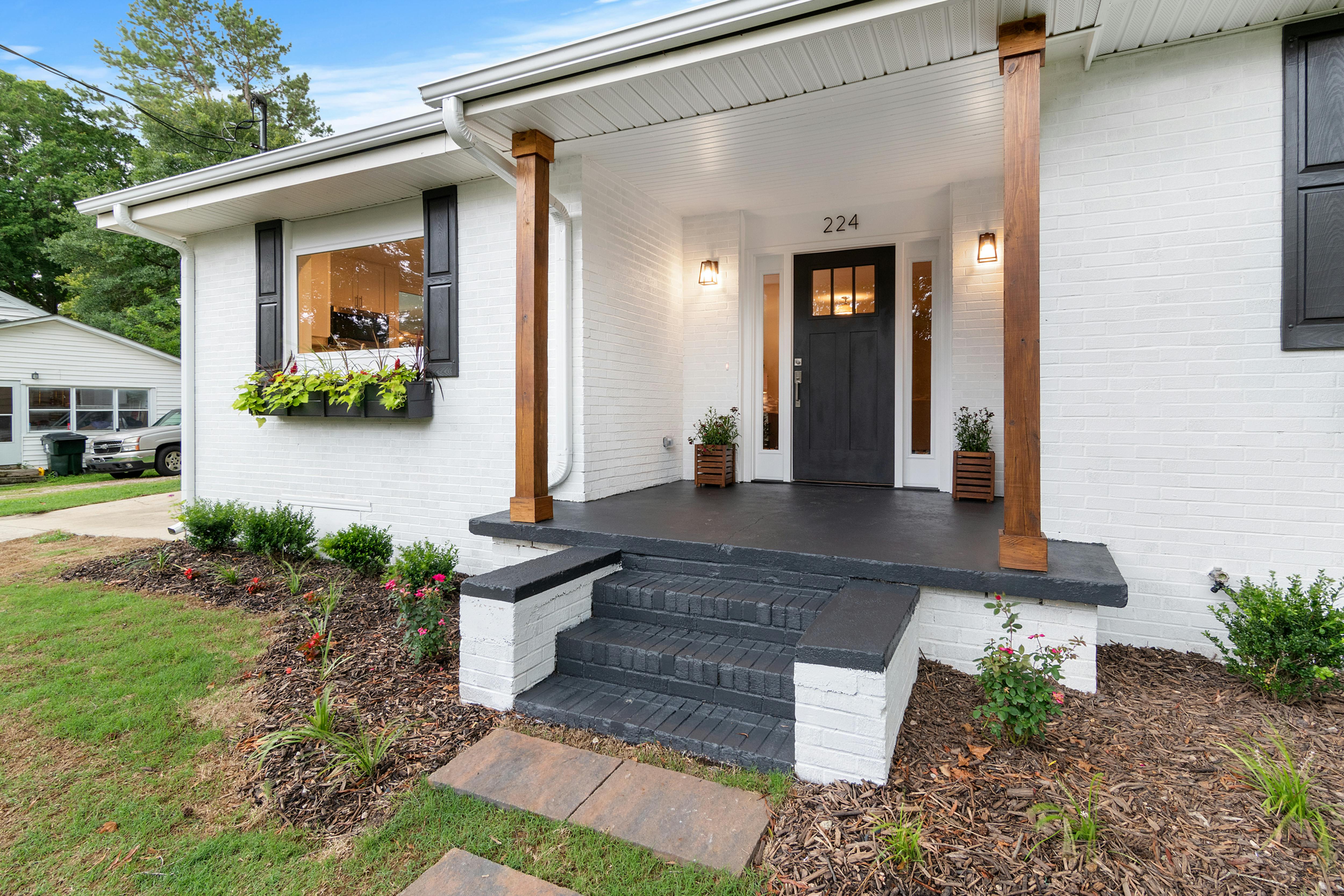Landlord Blog
Education and news for smart DIY landlords!
Why Flexibility Is the Key to Your First Home Purchase

Buying your first home is one of the most exciting milestones in life—but it’s also a process full of choices, compromises, and unexpected twists. While you might start with a perfect picture in your head of what your dream home will look like, the reality is that the path to homeownership rarely goes exactly as planned. That’s why flexibility isn’t just helpful—it’s essential for making your first home purchase a success.
1. The Housing Market Is Always Changing
Real estate markets shift constantly due to interest rates, inventory levels, and buyer demand. A neighborhood that seemed affordable six months ago may now be out of reach, or a property type you hadn’t considered might suddenly be a great deal. Staying flexible allows you to adapt your strategy to current market conditions and seize opportunities when they appear.
2. Your Budget Will Guide You More Than Your Wishlist

Most first-time buyers quickly realize their dream list and budget don’t always match. Maybe you pictured a three-bedroom house with a big yard, but the homes in your price range are smaller or in a different area. Instead of seeing this as a setback, view it as an opportunity to explore other options—such as a townhouse, condo, or a home that needs minor updates but has great potential.
Read more: How to Choose the Right Mortgage Plan for Your First Home
3. Location Isn’t Everything—But It Matters
While “location, location, location” is a classic real estate mantra, being open to nearby neighborhoods can dramatically expand your choices. Sometimes a short drive from your ideal spot can get you more space, newer construction, or a quieter environment—all within your budget. Flexibility in location can also position you for future value growth if the area is up-and-coming.
4. The Perfect House May Not Be Perfect Yet

Many first-time buyers overlook properties that need cosmetic updates because they’re focused on move-in-ready homes. However, small improvements—like painting, updating fixtures, or redoing flooring—can transform an affordable but dated house into something you love. By keeping an open mind, you might find hidden gems that other buyers pass over.
Discover: What First-Time Homebuyers Need to Know
5. Timing Can Make a Difference
Sometimes the best home isn’t available exactly when you expect. Staying flexible with your timeline can open up more options—whether it’s waiting for the right listing to appear or being ready to move quickly if the perfect property comes on the market. Your readiness to adapt can be the difference between getting the home you want and missing out.
Conclusion
Flexibility is more than just a mindset—it’s your most valuable tool as a first-time homebuyer. By being willing to adjust your expectations, explore new areas, and consider homes that aren’t a perfect match at first glance, you open the door to more opportunities and better deals. In the end, your first home doesn’t have to check every single box—it just has to meet your needs, fit your budget, and set you up for future success in your homeownership journey.
